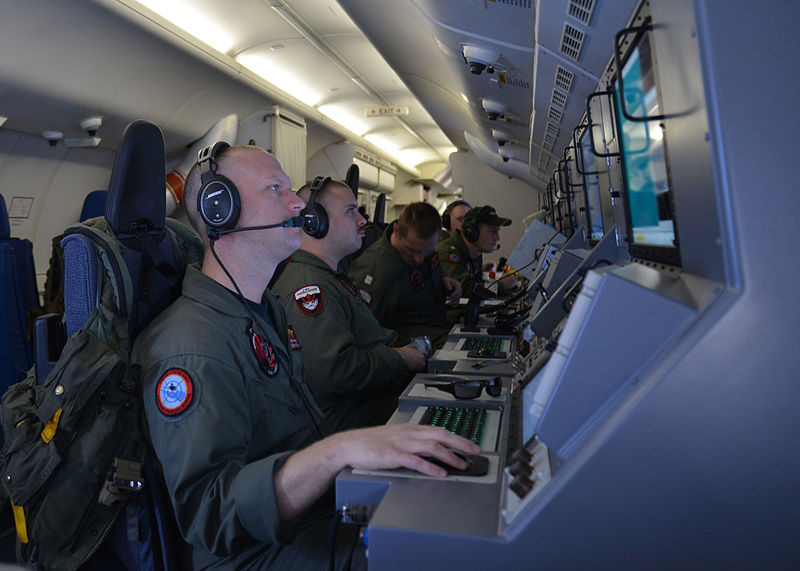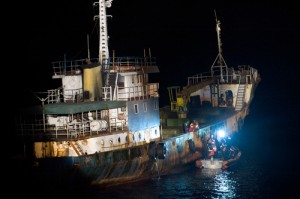
Since the mysterious disappearance of Malaysia Airlines MH370 on March 8, several countries have been participating in extensive Search and Rescue operations in and around the South China Sea. This cooperation has provided an opportunity for foes to work together in achieving a common goal.
Prior to the disappearance of MH370, the region’s maritime forces were focused on the deployment of Chinese maritime security forces in disputed waters in the South China Sea. The search for the missing Malaysian airliner, however, has led to maritime security assets being engaged in Search and Rescue operations in contentious waters –waters with overlapping jurisdictional claims between Vietnam and Malaysia, and between China, Vietnam and Malaysia.
Currently there are 26 countries looking for MH370, including Australia, China, Indonesia, Malaysia, the Philippines, Singapore, Thailand, the United States, and Vietnam. The Chinese contingent alone comprises 4 naval vessels, 4 maritime patrol craft, 6 coastguard vessels, and 14 rescue ships – with 10 Chinese satellites also joining the search.
As with all crisis management frameworks, cooperation is of the utmost importance. This is essential in preventing miscalculations and misunderstandings from escalating into serious incidents.
One of the issues demanding the most amount of cooperation concerns preserving the freedom of the skies over the Diaoyu/Senkaku Islands in the East China Sea, over which the Chinese government has unilaterally declared an Air Defense Identification Zone (ADIZ). The possibility of severe clashes at sea or in the air above the South and East China seas remains unacceptably high, and these risks can only be mitigated through the sort of communications channels that have opened as a result of the search for MH370.
Seen in this light, the disappearance of Flight MH370 offers an opportunity for various parties who are deeply mistrustful of one another to engage with potential opponents in a constructive manner.
Although the disappearance of MH370 is undeniably tragic, the increased communications and collaboration among foes may result in some positive outcomes. Regional maritime security forces are involved simultaneously in Search and Rescue operations, and the cooperation which this induces presents a useful opportunity to build confidence. This, we hope, will make unwanted maritime confrontations less likely in the future.




